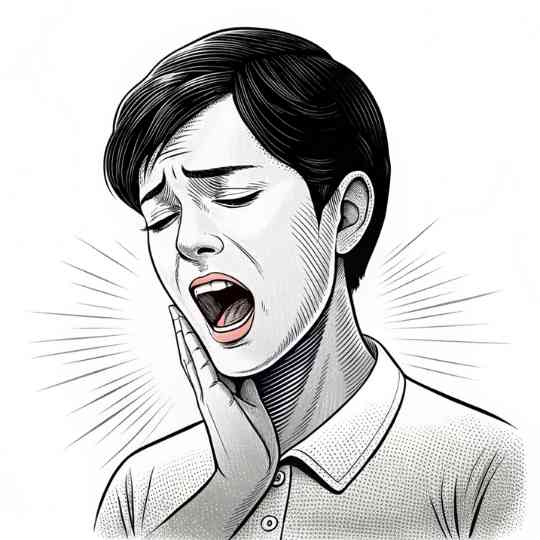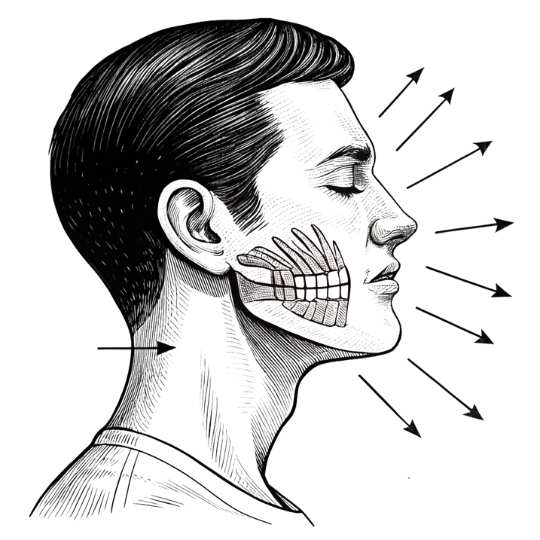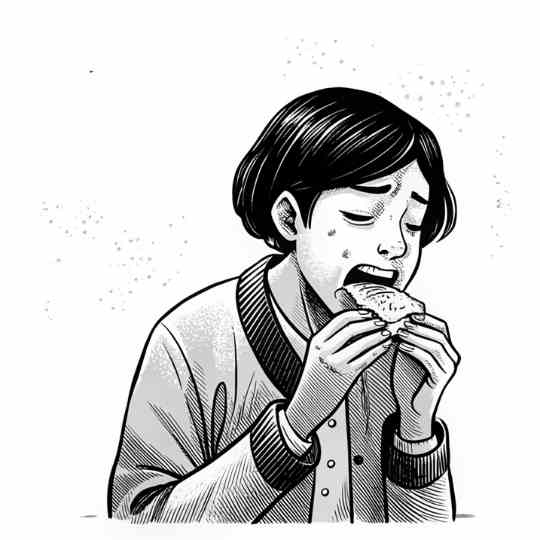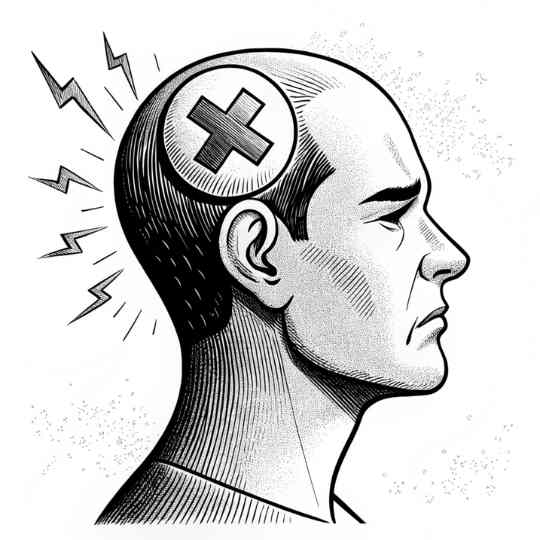TMJ Dysfunction
Understanding TMJ Disorders and How a Dentist Can Help
The temporomandibular joint (TMJ) is a small but vital hinge connecting the lower jaw (mandible) to the temporal bone of the skull. Located just in front of your ears, the TMJ allows for essential movements like speaking, chewing, and yawning. However, when the TMJ and its associated muscles and ligaments become dysfunctional, it can lead to a condition known as temporomandibular joint disorder (TMD).
Healthy TMJ vs. TMJ Dysfunction
Visualizing the difference between a healthy TMJ and one affected by TMD can help you understand the impact of this condition.
- Healthy TMJ: Smooth and coordinated movements allow for seamless jaw motion.
- TMD: Dysfunctional joints can cause restricted, painful, or misaligned movements, leading to discomfort and difficulty in daily activities.
Healthy TMJ
TMD
Symptoms of TMJ Disorders
TMD can present a wide range of symptoms, including:

Jaw pain or tenderness

Difficulty opening or closing the mouth

Clicking, popping, or grinding sounds during jaw movement

Pain while chewing

Headaches, neck aches, or ear discomfort
Causes of TMJ Disorders
TMD can result from several factors, including:
- Poor bite alignment (malocclusion)
- Teeth grinding or clenching (bruxism)
- Trauma or injury to the jaw
- Stress or anxiety causing muscle tension in the jaw
- Postural issues, such as forward head posture
- Structural abnormalities in the jaw or skeletal system
- Nerve irritation or damage, such as to the trigeminal nerve
How a Dentist Can Help Treat TMJ Disorders
Diagnosing and treating TMD requires a comprehensive approach. Dentists play a key role in managing this condition, offering a range of non-invasive and, in some cases, surgical solutions. Below are some common treatments available:
- Nightguards or Splints: Custom-made dental devices can alleviate stress on the TMJ, reduce muscle tension, and protect teeth from wear.
- Bite Adjustment or Occlusal Therapy: Dentists can reshape teeth surfaces or adjust restorations to correct bite misalignment and reduce stress on the TMJ.
- Orthodontic Treatment: Braces or aligners can correct misalignment of the teeth or jaw, providing long-term relief.
- Surgical Options: In severe cases, surgical intervention may be recommended.
Living with TMD: Self-Care Tips
In addition to professional care, self-management strategies can help alleviate symptoms:
- Stress Management: Practice relaxation techniques like deep breathing to reduce jaw tension.
- Posture Improvements: Maintain proper neck and shoulder alignment to ease jaw strain.
- Dietary Adjustments: Avoid hard or chewy foods that can exacerbate symptoms.
- Rest: Prioritize adequate sleep and maintain proper sleep posture.
Taking the First Step Towards Relief
TMJ disorders can disrupt daily life, but with the right diagnosis and treatment, relief is possible. At our clinic, we provide personalized care to address the root causes of your TMD. Whether it’s through custom dental appliances, bite adjustments, or referrals for surgical care, we’re here to help you find lasting comfort.